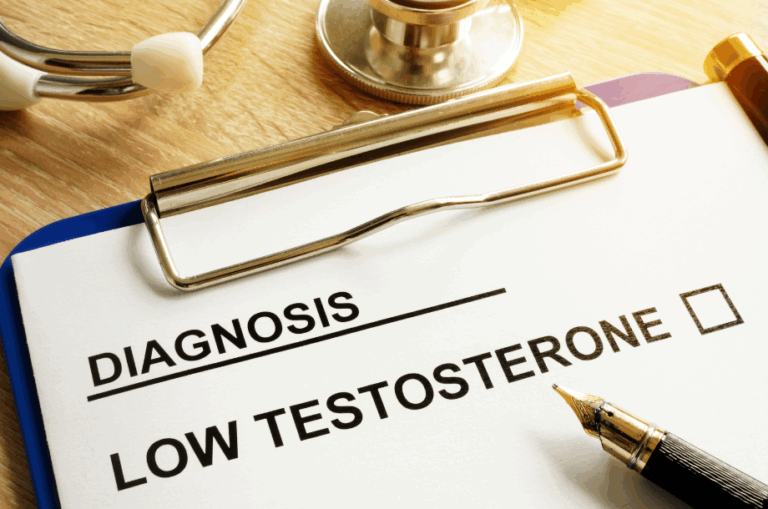A new study uncovers evidence that a single course of antibiotics may irreversibly damage important beneficial gut bacteria. Using a computer model based on past studies that looked at how antibiotics affect the microbiome, scientists found that even after 1 year of taking a single antibiotic prescription, overall gut bacteria was less diverse with fewer species. This is important because gut bacterial diversity is an important marker of health and a decrease in diversity is associated with diseases like obesity, Parkinson’s disease, asthma, allergies, inflammatory bowel disease, diabetes, multiple sclerosis, autism, cancer, and more. These effects were most pronounced in those who had taken the antibiotics Ciprofloxacin and Clindamycin for urinary tract, skin, and respiratory infections. ISME
→Takeaway: The primary author describes the microbial damage observed in the study: “If you picture the state of the microbiome as a ball resting in a valley, antibiotics can ‘kick’ the ball up and out of the valley into a different valley, where it may not be able to return to the first one.” He and fellow researchers encourage questioning both the length per antibiotic course as well as extended use of antibiotics.








